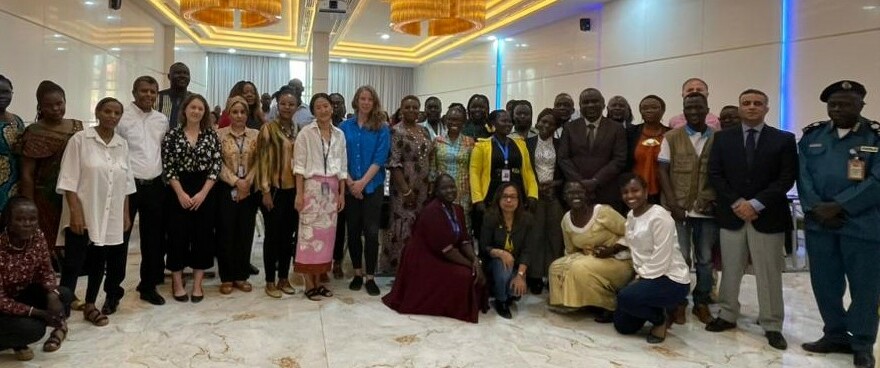The United Nations and local and international non-governmental organizations on Tuesday reviewed and validated the Protection from Sexual Exploitation and Abuse (PSEA) policy.
According to the UN, un-conducive conditions, including an unprecedented humanitarian crisis with heightened vulnerability of populations, continue to drive sexual exploitation and abuse (SEA), making South Sudan one of the top countries in the world.
Speaking during the launch of the validation workshop of the deep-dive policy, in Juba on Tuesday, Anita Kiki Gbeho, Deputy Special Representative in the United Nations Mission in South Sudan and Resident Coordinator in South Sudan, said their core mandate allows them to work with any organization to protect people from sexual exploitation and abuse.
“PSEA is a serious human rights violation; it is a betrayal of trust that harms beneficiaries physically and psychologically. PSEA causes shame, depression, and ill health for both the victim and their family. It undermines confidence and jeopardizes our reputation with members of the affected community, members that we are supposed to support,” she said
“In 2017, the UN Secretary-General issued a new strategy to combat sexual exploitation and abuse as part of the organization’s zero-tolerance policy. Also, in 2017 the UN South Sudan Country team and humanitarian country team created a PSEA task force made up of the UN and NGO representatives and developed strategies to address sexual exploitation and abuse for the period 2018 to 2023,” Kiki said.
In her remarks, Kiki stressed the urgency to validate the finding of the deep-dive and countrywide PSEA risk assessment to contribute to the development of the new-five year PSEA strategy.
“This PSEA deep-dive review has presented evidence of what works and outlines areas for improvement, sexual exploitation and abuse are supposed to be uprooted,” she said.
For his part, Muhammad Asar, IOM Head of Operation and PSEA Taskforce Co-chair, said discussions would focus on two very important assessments carried out over the last six months to provide evidence based on the new South Sudan PSEA strategy from 2024 to 2019.
“This will include the PSEA deep-dive review, which was commissioned in 2023, which UNFPA stepped up to implement the deep-dive review, looked at how the existing PSEA mechanisms in South Sudan have been effective and identified achievement, challenges and opportunities for improvement,” she said.
“It was also agreed that the PSEA risk assessment would be a critical source of information to inform the upcoming strategy and direct prioritization of key actions across different geographies and stakeholders,” Asar said.




